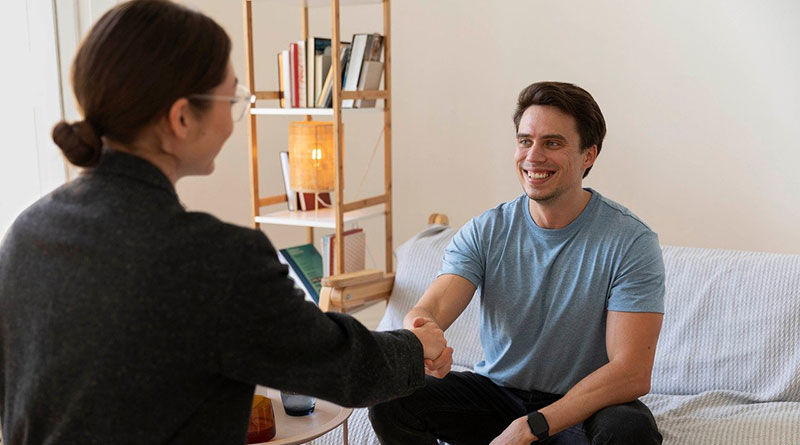
New Study To Explore How Care-Experienced Young People Seek Mental Health Support
NIHR-funded research project will explore barriers and resources for young people seeking mental health support in England.
The University of Birmingham, in collaboration with the universities of Bristol and Kent, has launched a landmark 18-month research project to explore how care-experienced young people (CYP) aged 13 to 25—including those who are LGBTQ+, racially minoritised, neurodivergent, or disabled—seek help for mental health problems.
The study has been funded by the NIHR Research Programme for Social Care (RPSC).
The project, called COLLAGE (Care-experienced yOung peopLe’s mentaL heAlth help-seekinG bEhaviours), will aim to bring together diverse voices and experiences to build a fuller, more inclusive picture of the challenges CYP face when looking for mental health support, and the things that help them access it. The project is also co-produced with CYP, who are involved as partners in shaping the research, not just participants.
Dr Willem Stander, who is leading the study at the University of Birmingham, said:
“Care-experienced young people have some of the highest mental health needs in the UK, yet many struggle to get the support they need. Only around one in three young people with diagnosable mental health conditions receive services—and for CYP, barriers like instability, disrupted relationships, and gaps in care make access even harder. This is amplified further for those with multiple minoritised identities, as these young people often face unique challenges when seeking help for mental health problems.
“Despite this, there is still a critical lack of evidence about how they seek or access help, and even less that centres their views and lived perspectives. Understanding their experiences is essential to designing support that truly meets their needs. This study is about listening to CYPs’ lived experiences and underrepresented voices, and working with them to co-design services that are inclusive, accessible, and reflect their needs.”
The study is one of the first UK studies to address this gap by exploring help-seeking across all types of care placement, including foster care, residential homes, kinship care, and care leavers. It will use a mixed-methods approach, including a large-scale national survey, in-depth interviews, and an international systematic review of the research evidence base.
The COLLAGE study will:
- Investigate how care-experienced young people seek and access mental health support
- Identify what makes it easier or harder to get support
- Explore the experiences of CYP with multiple marginalised identities
- Co-produce digital resources and policy recommendations to improve support
Running up to November 2026, the study will deliver:
- A comprehensive evidence base on mental health help-seeking across a wide range of out-of-home care placements
- Co-designed digital resources for young people, professionals, and the public
- A free online event to share findings, featuring presentations and reflections from CYP
- Academic, practice, and policy-focused outputs to support real-world impact
The project team includes Professor Jason Schaub (University of Bristol), Dr Jolie Keemink (University of Kent), Omar Mohamed (a Children and Families Social Worker), and Emma Wallace (Research Fellow, University of Birmingham).
Dr Stander concluded: “In the context of growing national concern around youth mental health, health inequalities, and social care reform, this project and its findings will be crucial to developing an accurate picture of care-experienced young people experiences of mental health support. Our findings will be able to help inform policy, improve practice, and promote equity in mental health access for some of the UK’s most underserved young people.”

